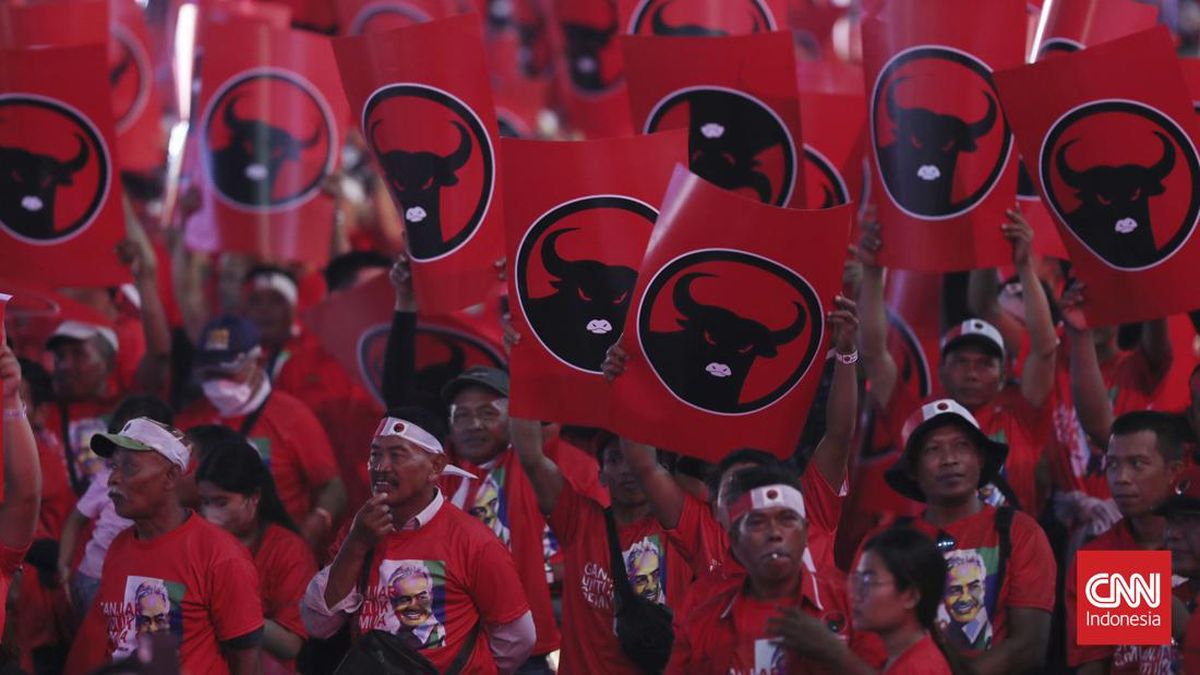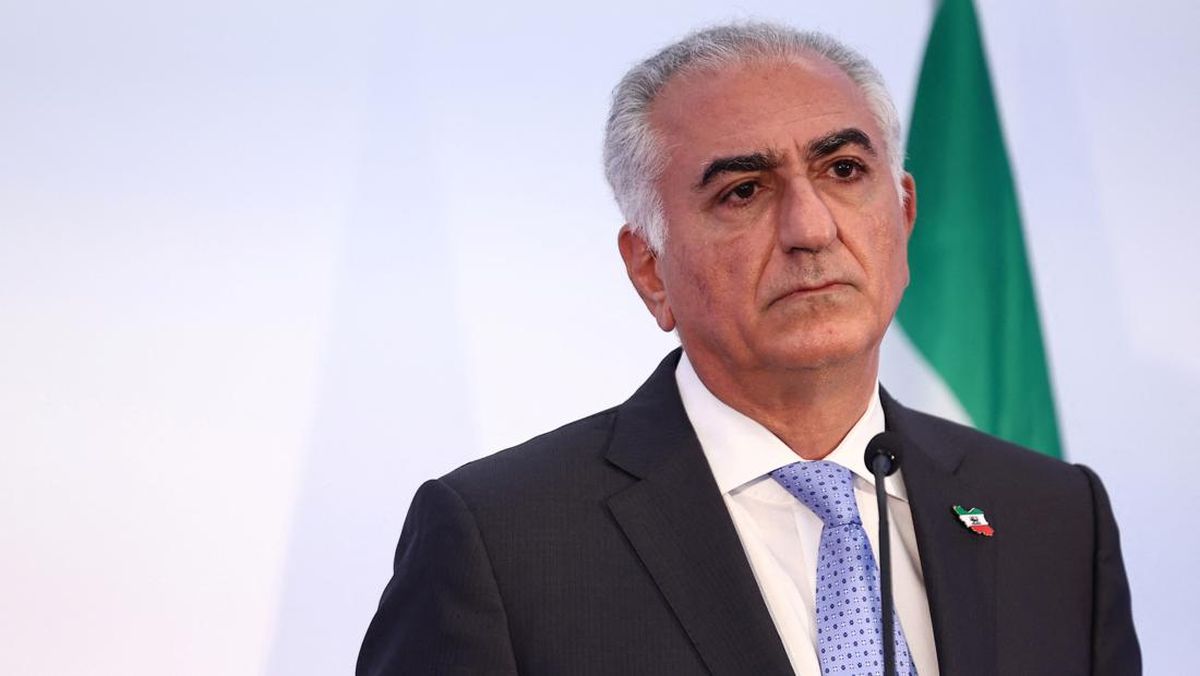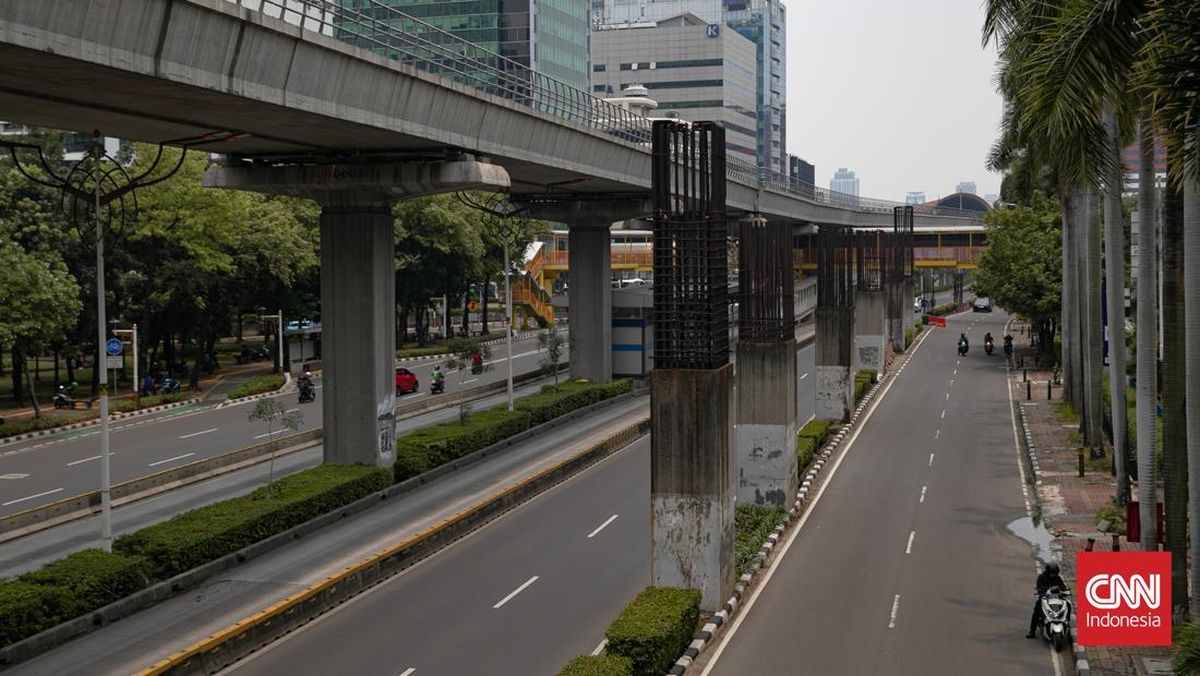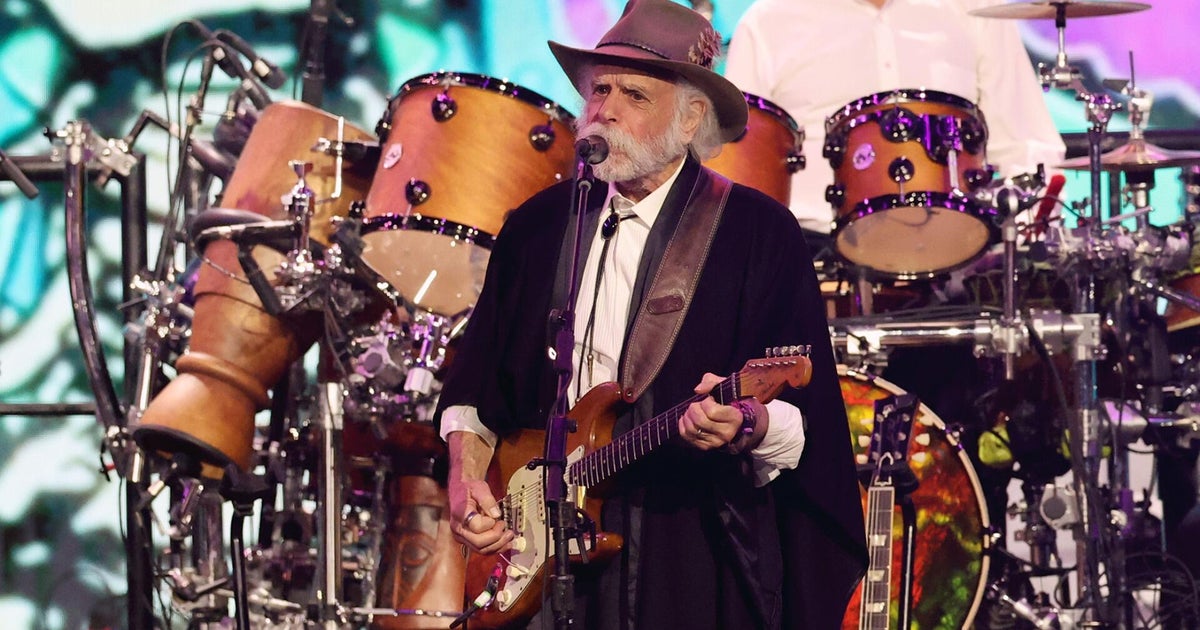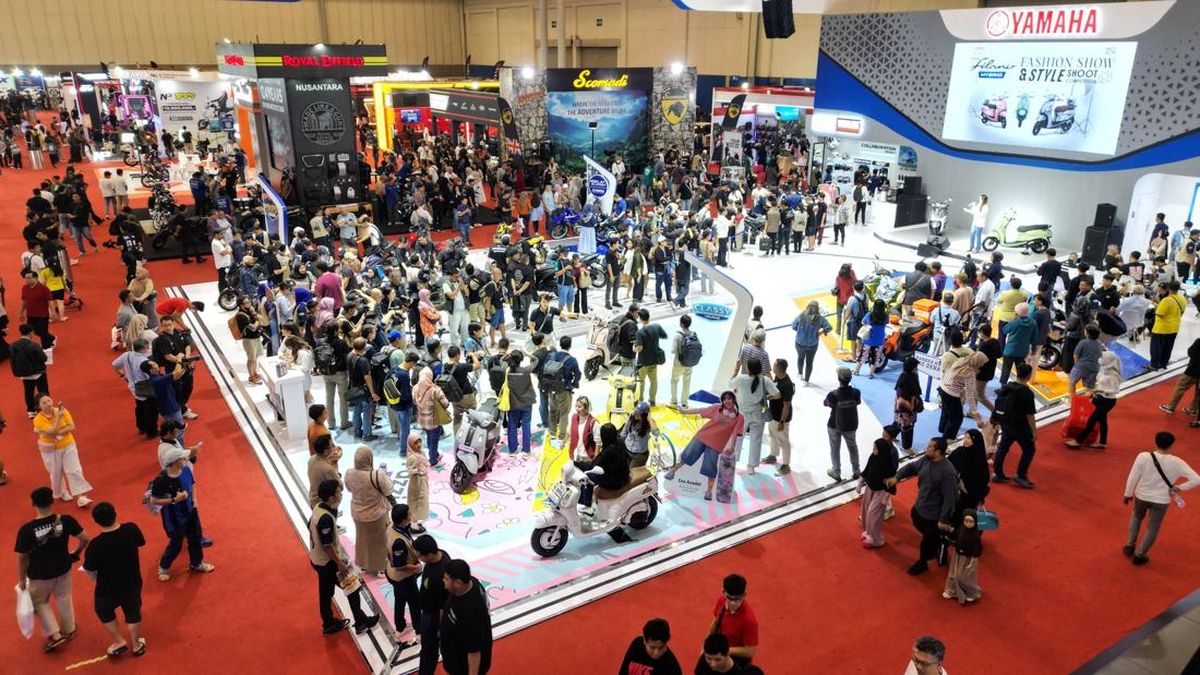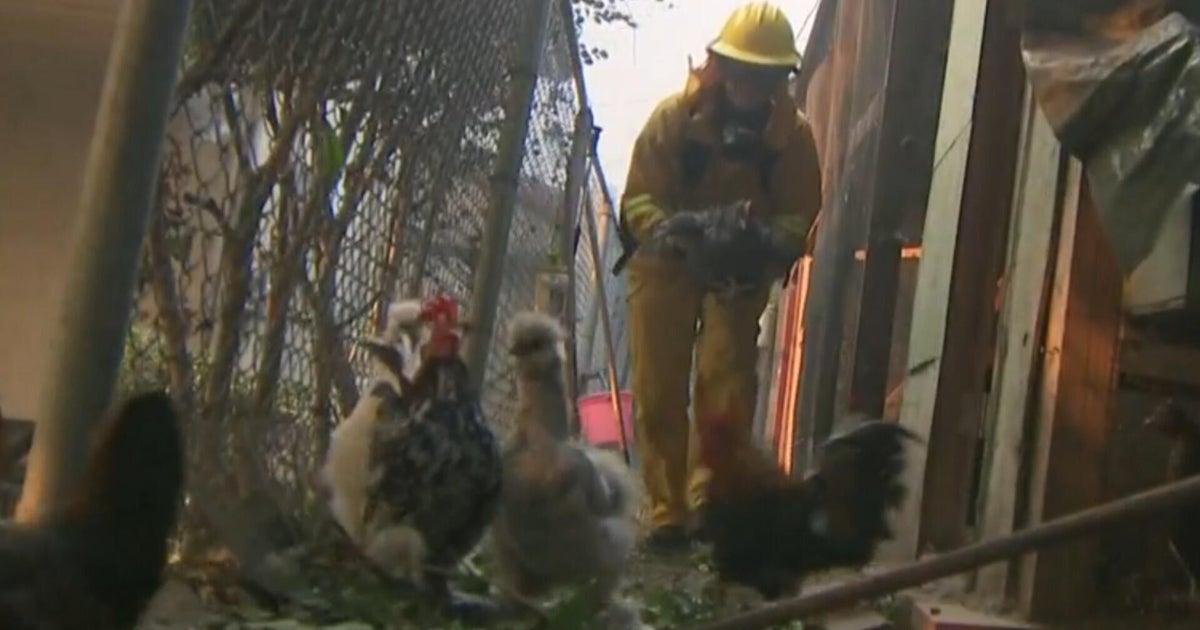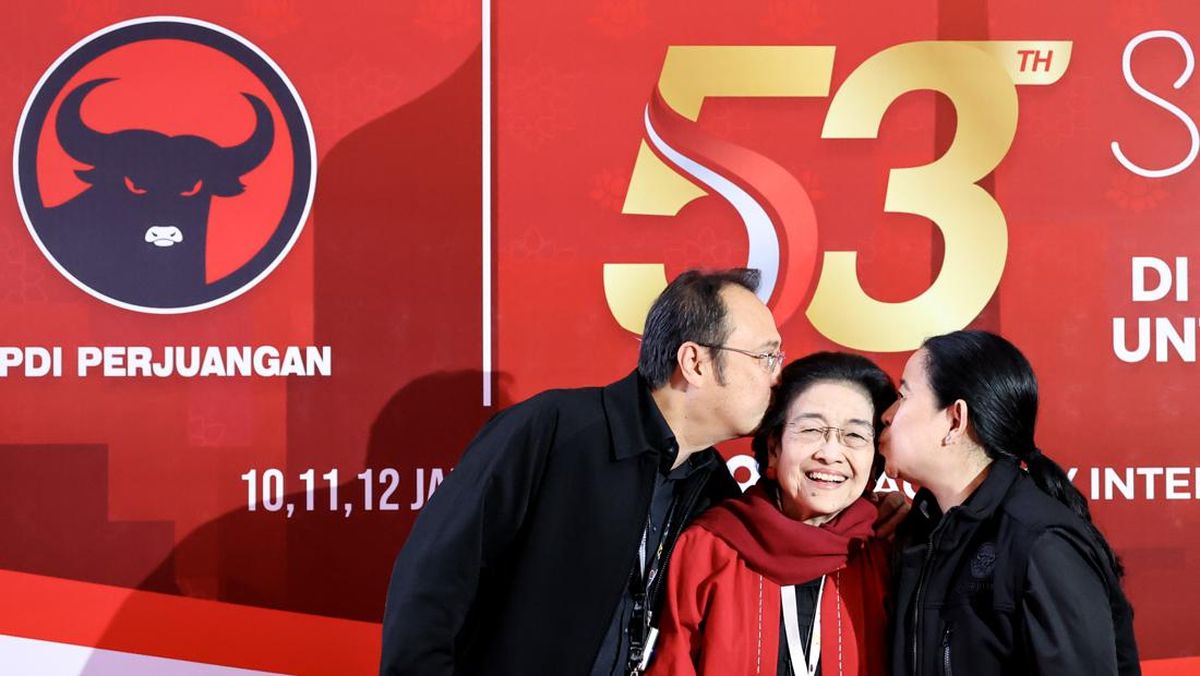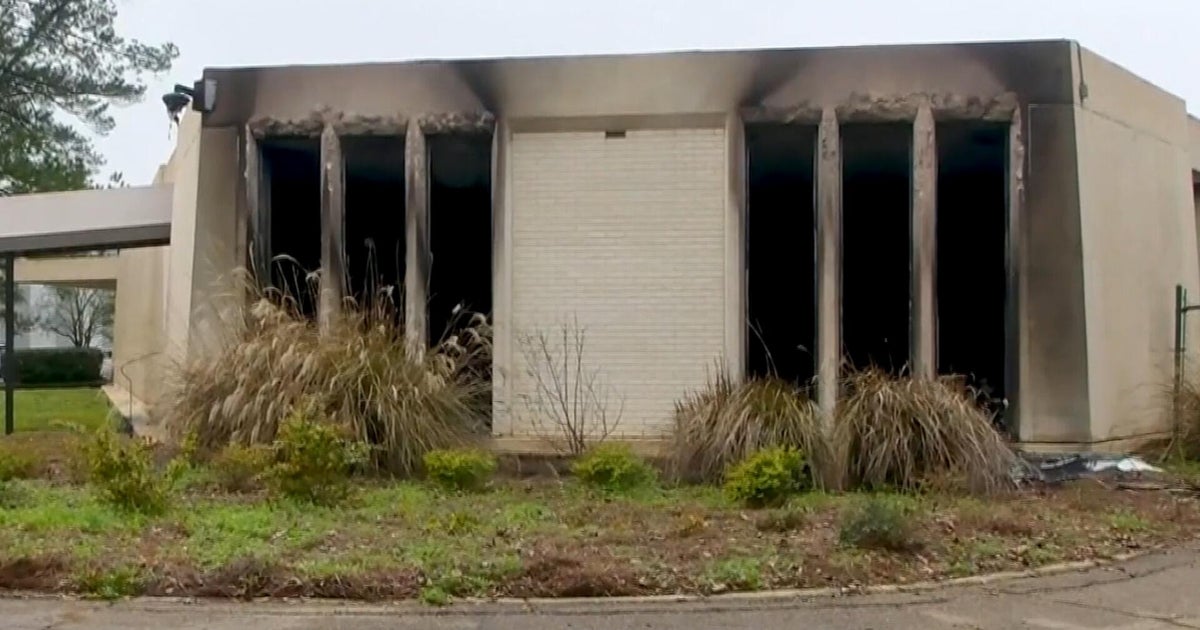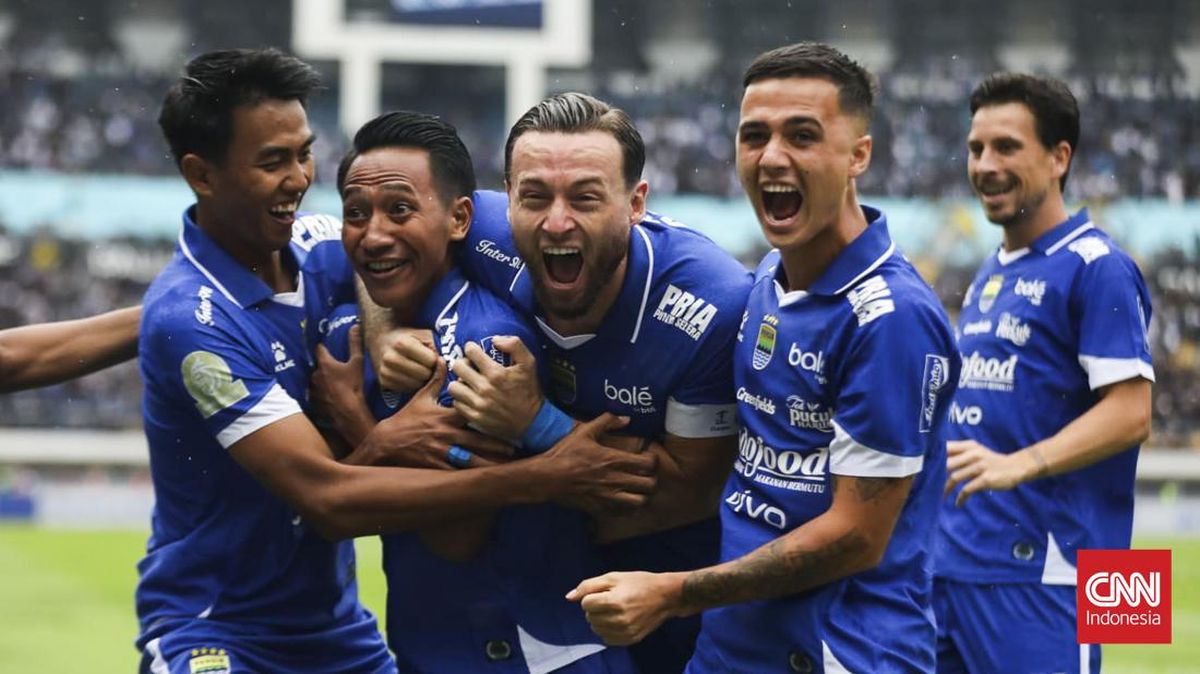Australian oil and gas producer Santos says a blockbuster takeover bid by an Abu Dhabi-led consortium had been destined for failure because the two sides could not agree on necessary domestic natural gas supply commitments for the deal to gain government approval.
The Abu Dhabi National Oil Company (ADNOC) this week abruptly withdrew an offer to buy Adelaide-based Santos for $30 billion, which would have been the largest all-cash takeover deal in Australian history and among the biggest ever in the global energy sector.

The Bayu-Undan platform in the Timor Sea, operated by Santos.
After months of negotiations, the deal fell apart just 48 hours before the September 19 deadline for a binding agreement to be reached, leading to a sharp sell-off in Santos shares that wiped more than $2 billion from its market value.
It marks the third time in seven years that a potential suitor has walked away from Santos, prompting analysts to query the negotiating tactics used by managing director Kevin Gallagher and the board of directors, and suggest Santos may need to sell assets or break up its business to boost returns.
Speaking for the first time since the talks were called off, Gallagher on Friday rejected speculation he may face pressure to step down from his post, declaring he planned to remain in the job for at least another two years.
Loading
He also attributed the deal’s shock collapse to Santos’ refusal to grant ADNOC and its partners any further extensions, and a disagreement over what commitments the consortium must make for future investments in Australian domestic gas supplies.
“This deal is not going to happen without commitments to the domestic gas market,” he said, without specifying what guarantees Santos had been calling for.
“We couldn’t reach agreement on this,” he said.
Treasurer Jim Chalmers and the Foreign Investment Review Board were considered the key hurdle to the takeover deal going through, due to the perceived risk of handing over Australian energy infrastructure to foreign owners at a time when domestic shortfalls are looming.
Santos, which makes most of its money producing and exporting super-chilled LNG from Queensland, Darwin and Papua New Guinea, is also a key supplier of domestic gas used by millions of homes and businesses in Australia, with operations across eastern and Western Australia.

Santos chief executive Kevin Gallagher.Credit: Ben Searcy
XRG, the foreign investment arm of ADNOC, had expressed an eagerness to acquire Santos’s assets in Australia and overseas to gain greater exposure to liquefied natural gas (LNG) and Asia’s fast-growing demand for shipments of the fuel. But it had also stressed it was well aware of the need to ensure the reliable flow of domestic gas for consumers in Australia, where legacy gas fields in Bass Strait continue to be rapidly depleted with scant new supplies available to replace them.
This week, the consortium pointed out that it had repeatedly made public commitments to developing future gas supplies for the Australian market if the deal had proceeded.
“As we said all along, developing more domestic gas needs investors who can bring capital, complementary expertise and long-term commitment,” a spokesperson said. “That is what XRG and its partners had sought to bring.”
Loading
The consortium had reached an indicative deal to buy Santos in June, but a “combination of factors” encountered in the due diligence process had altered its original assessment of Santos’ value and discouraged it from making a final binding offer, said XRG.
“While disappointed not to move forward, XRG and its consortium partners are responsible, disciplined investors with a clear focus on creating value for our shareholders and driving long-term growth,” it said.
Sources on both sides of the negotiations, not authorised to speak publicly, also pointed to friction caused by Santos’ push for the consortium to take on a multimillion-dollar tax bill that must be paid to the Papua New Guinea government in 2026.
Gallagher on Friday insisted withdrawal of the consortium’s $30 billion offer did not represent a failure as Santos did not have the “for-sale sign” up.
“Who failed? We’re not actively out selling the company, so we haven’t failed,” he said.
The Business Briefing newsletter delivers major stories, exclusive coverage and expert opinion. Sign up to get it every weekday morning.
Most Viewed in Business
Loading


